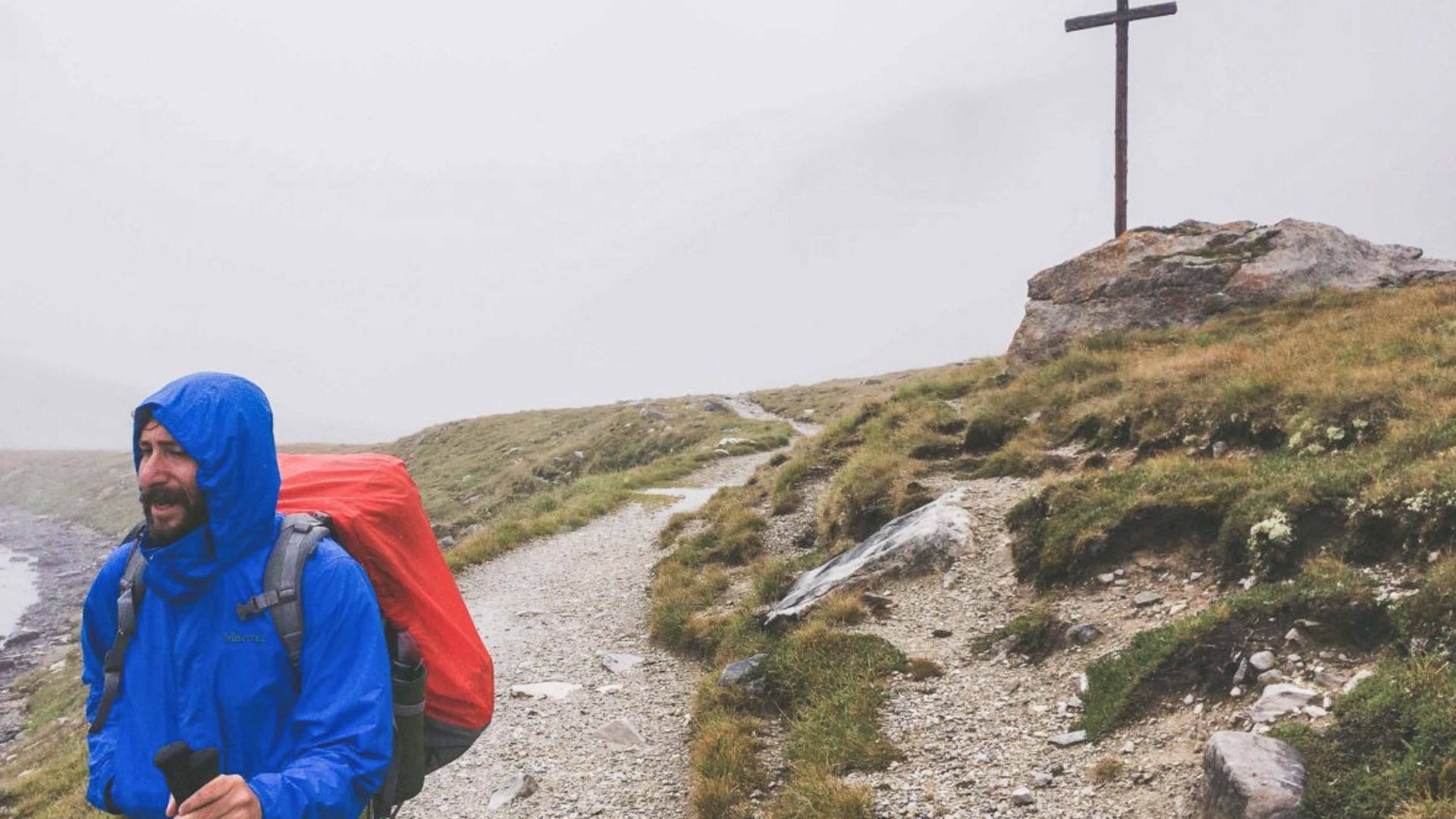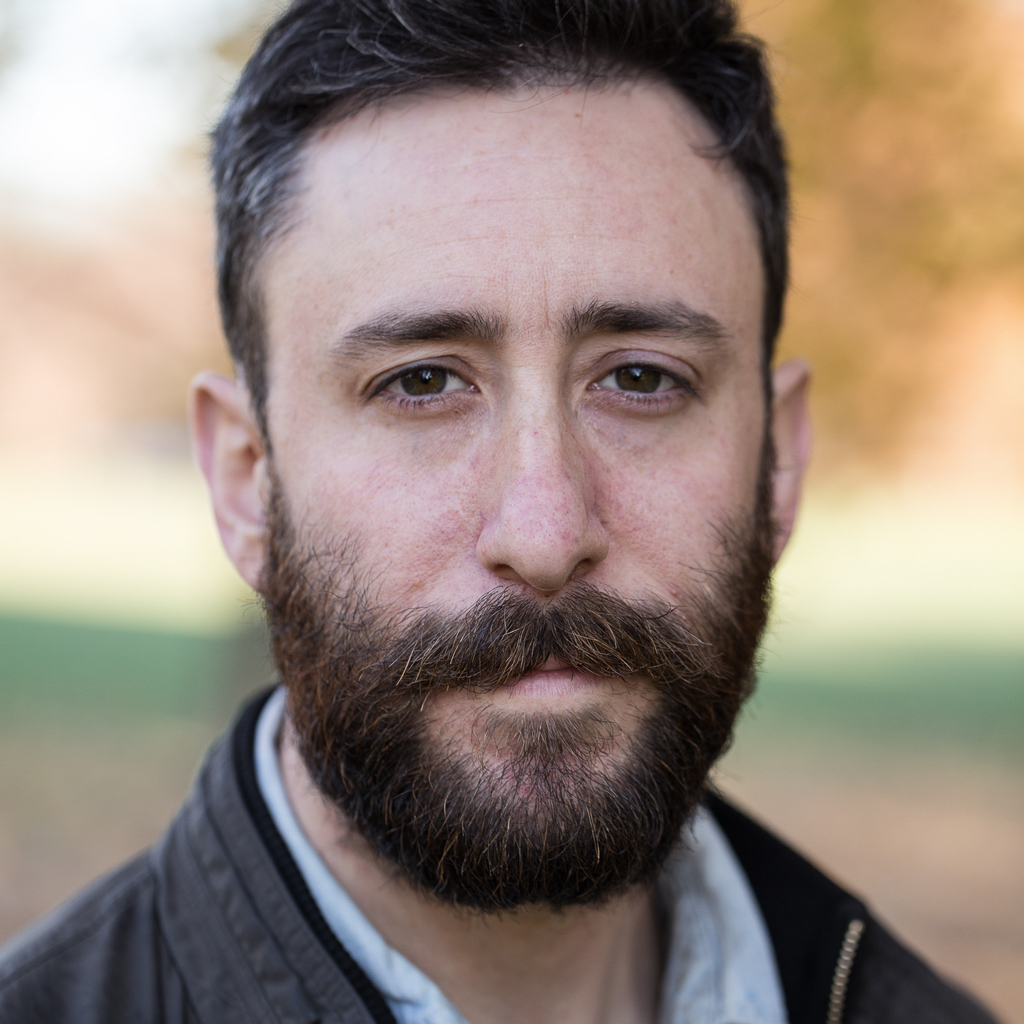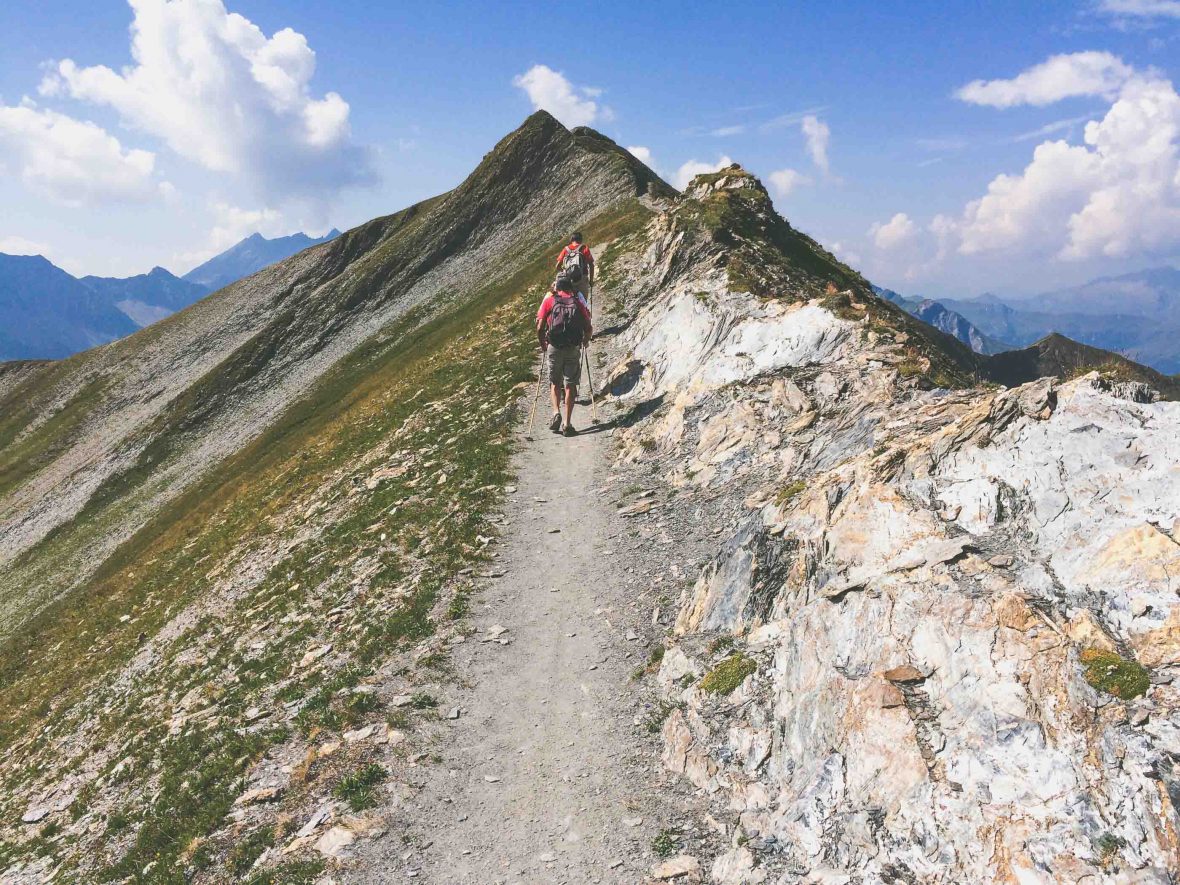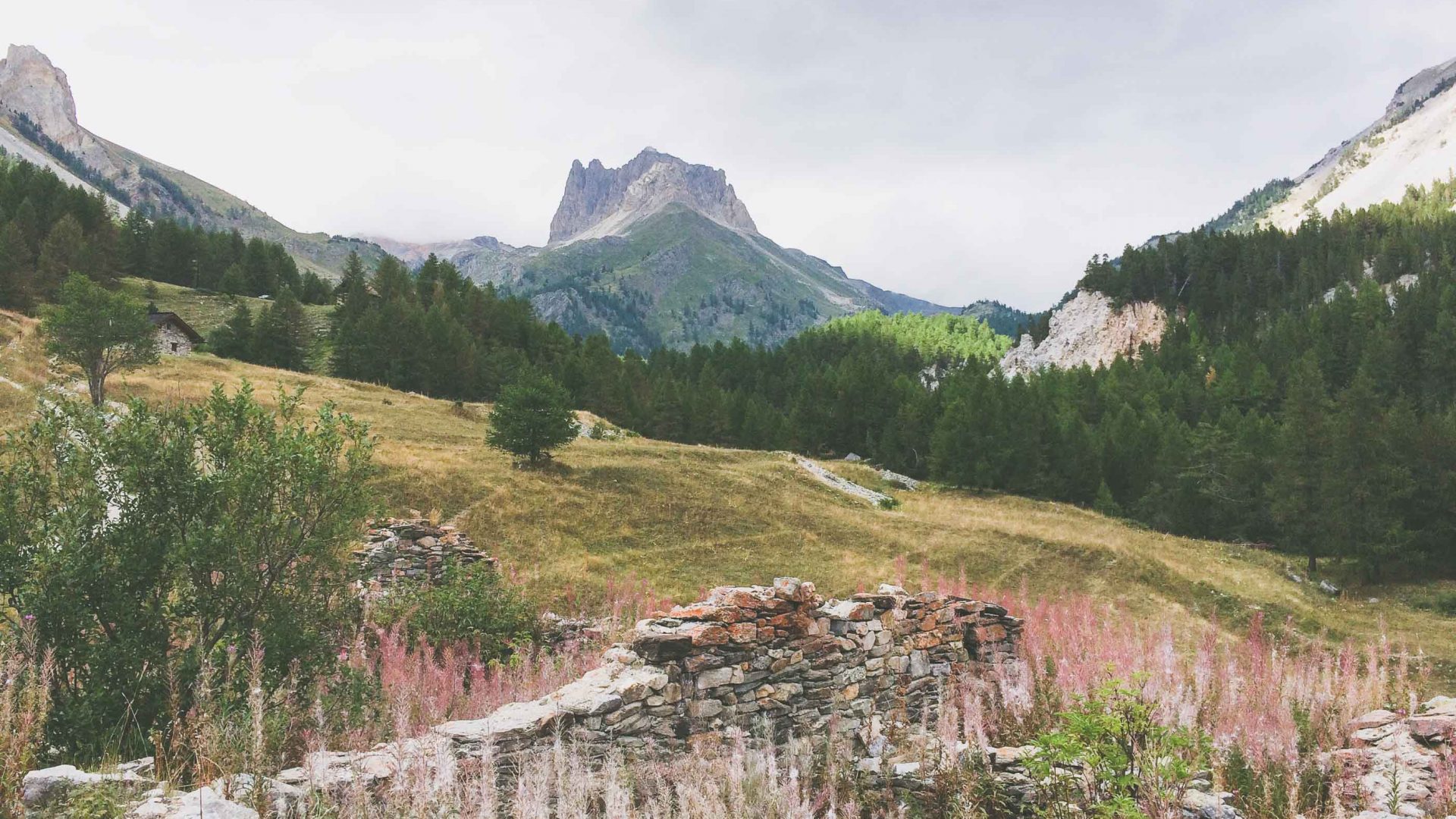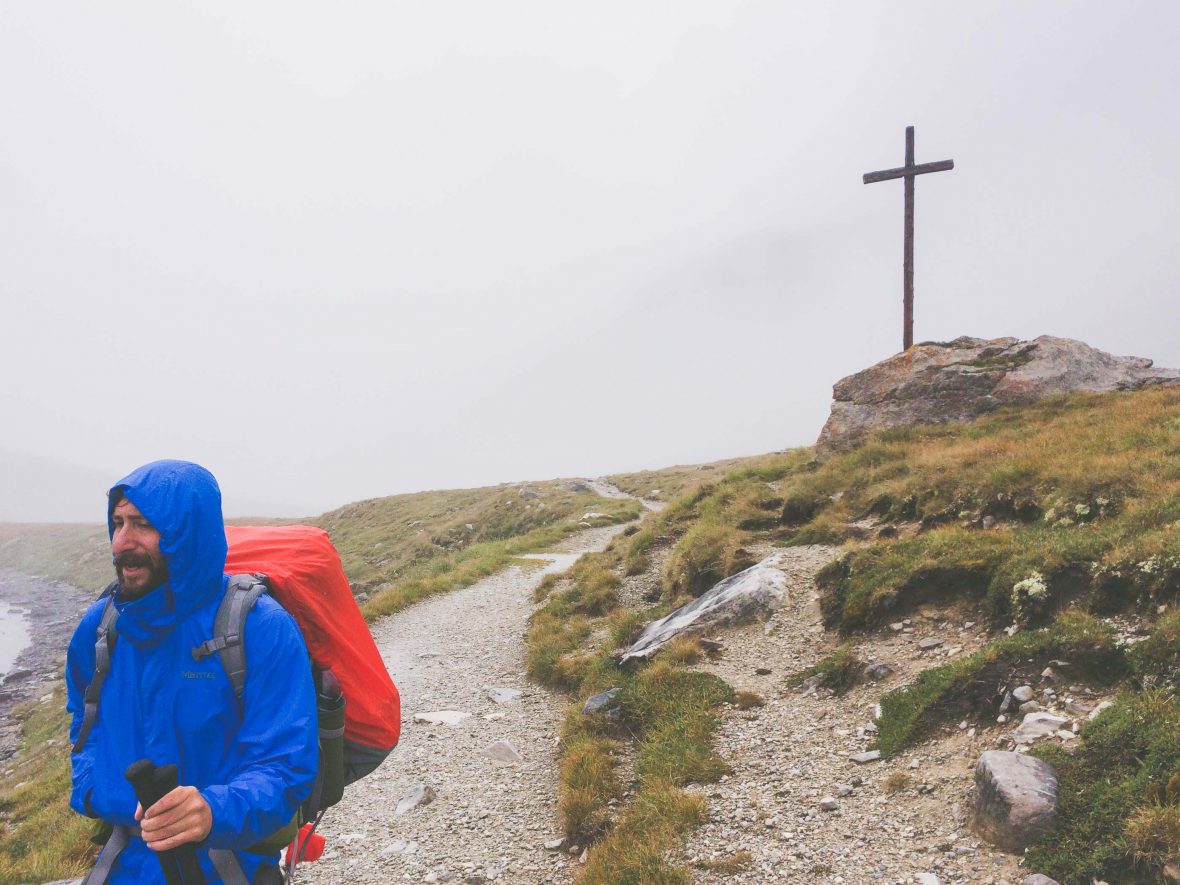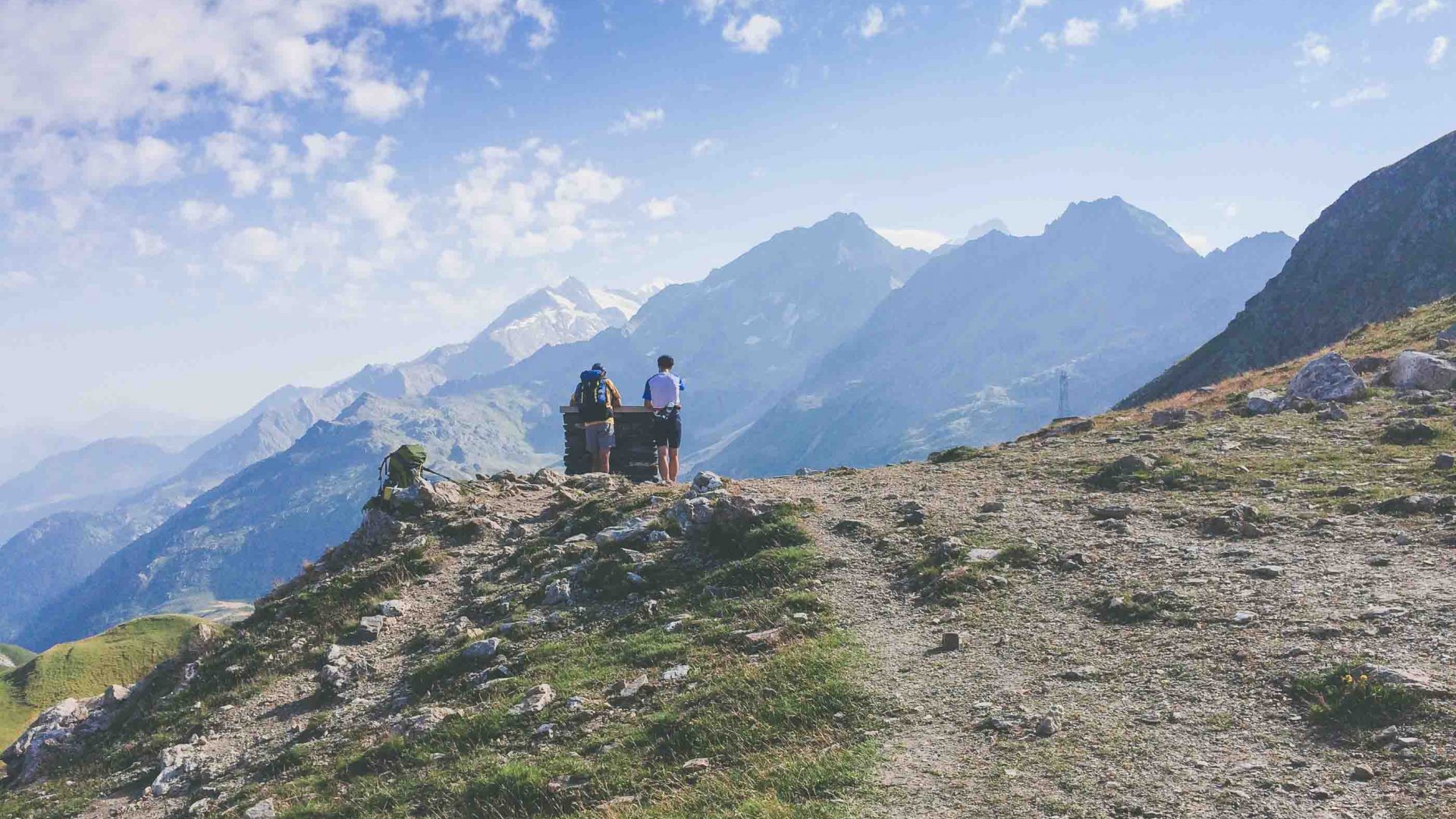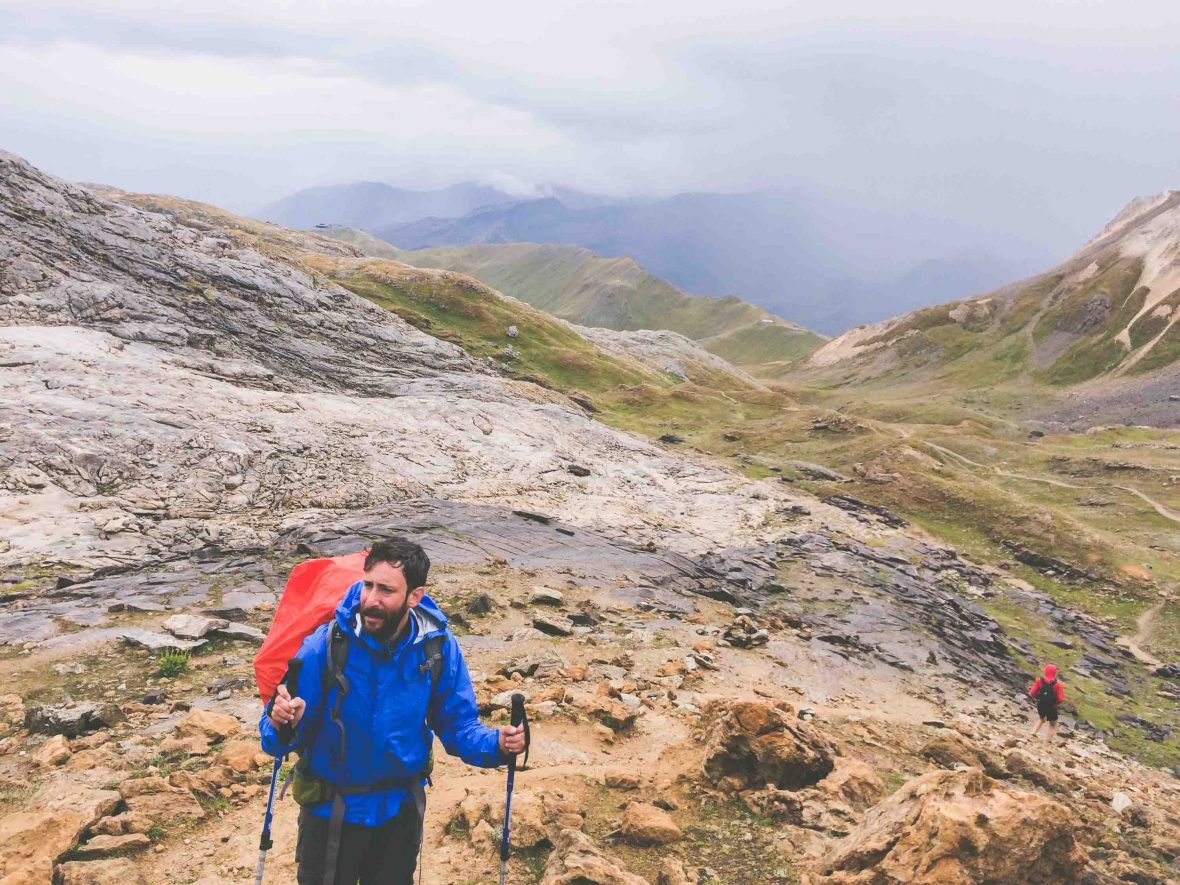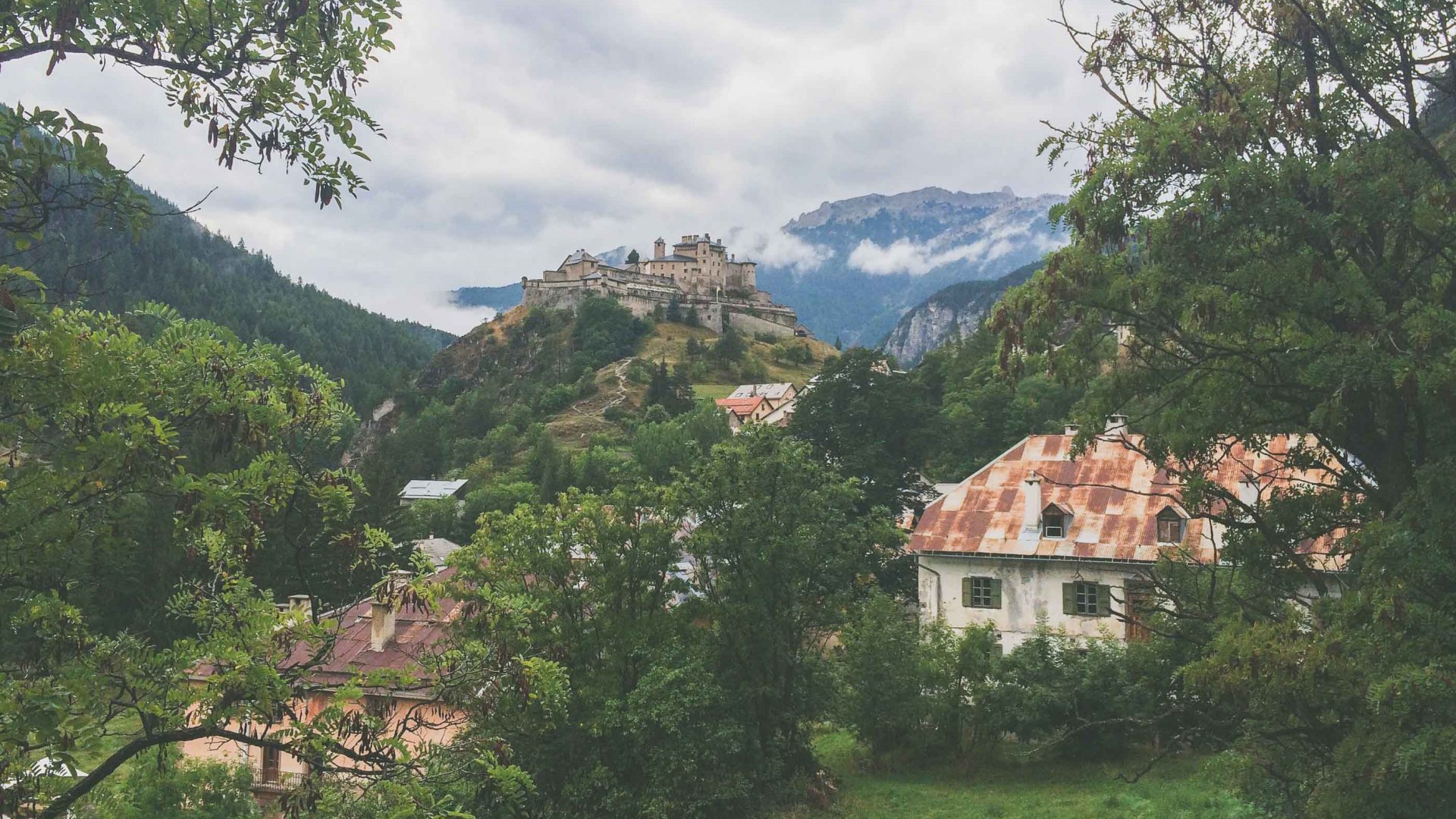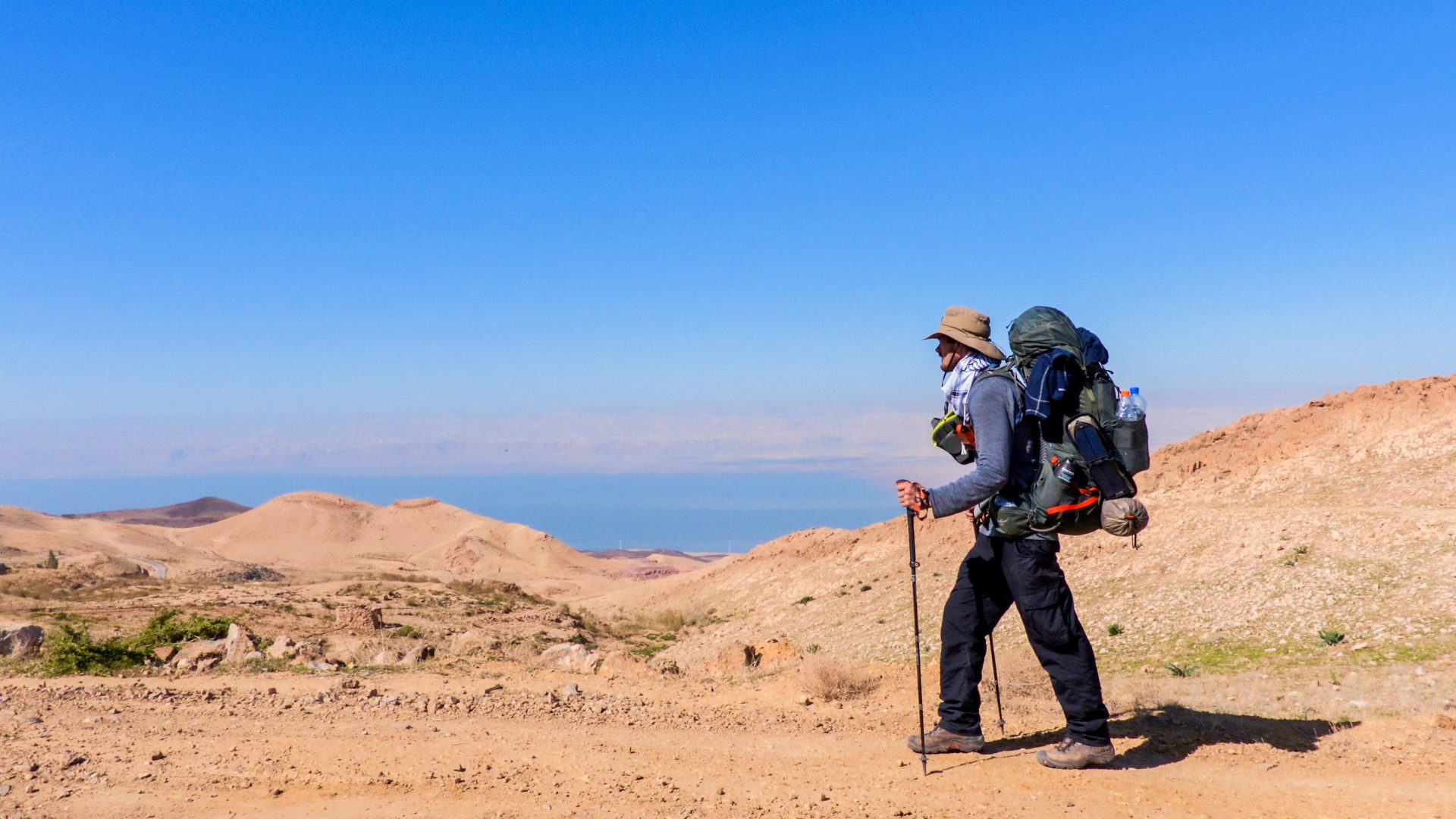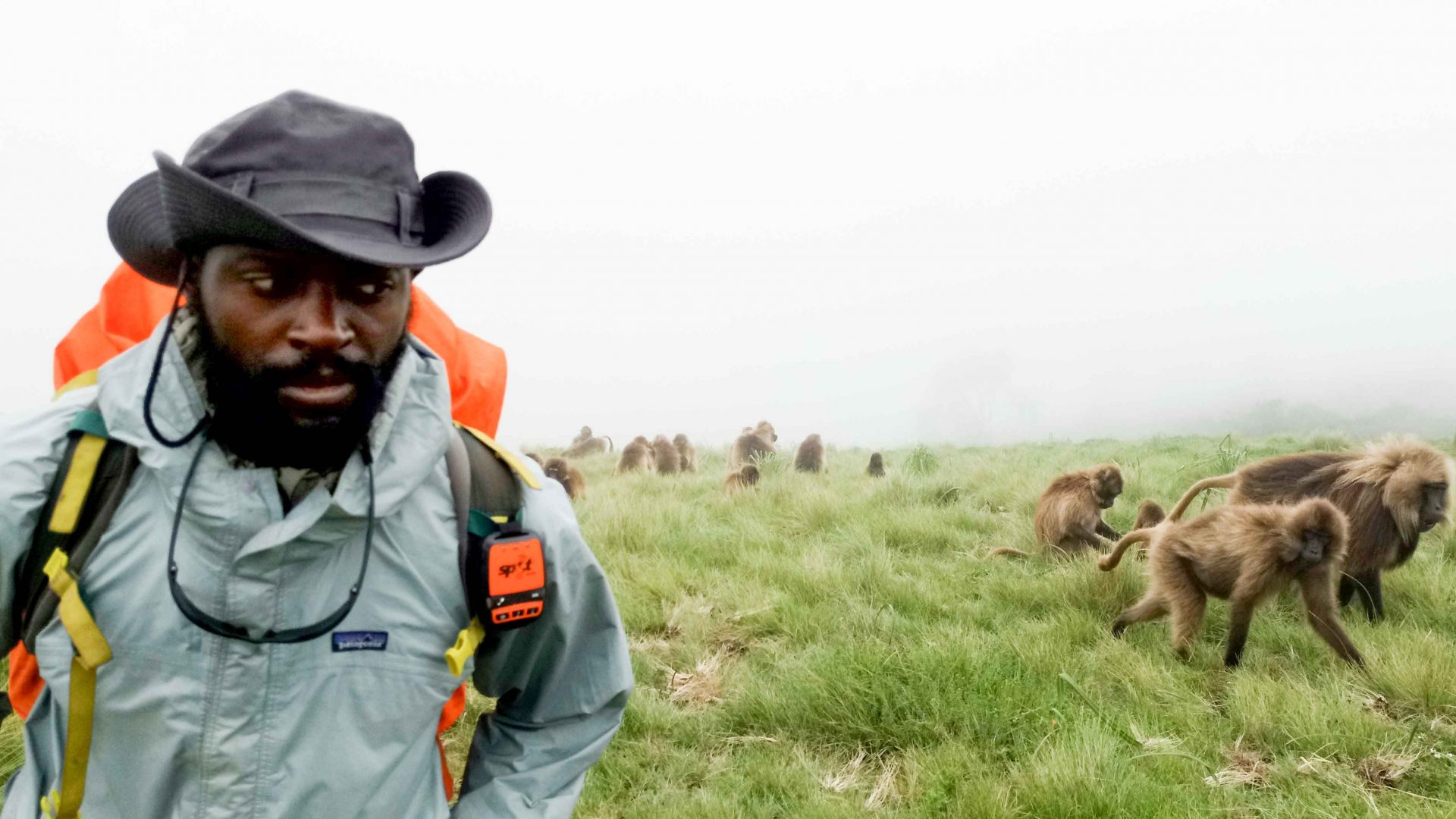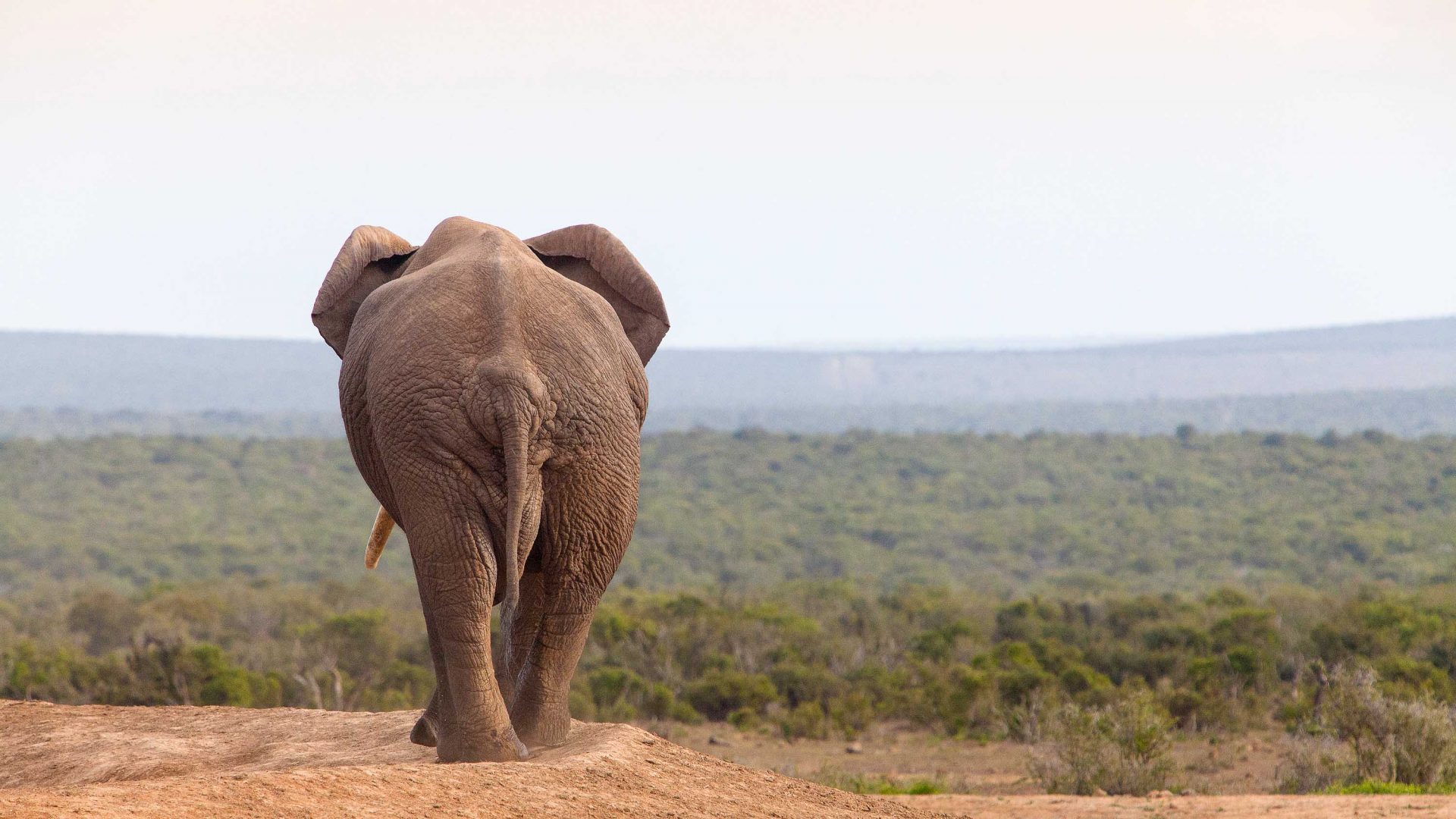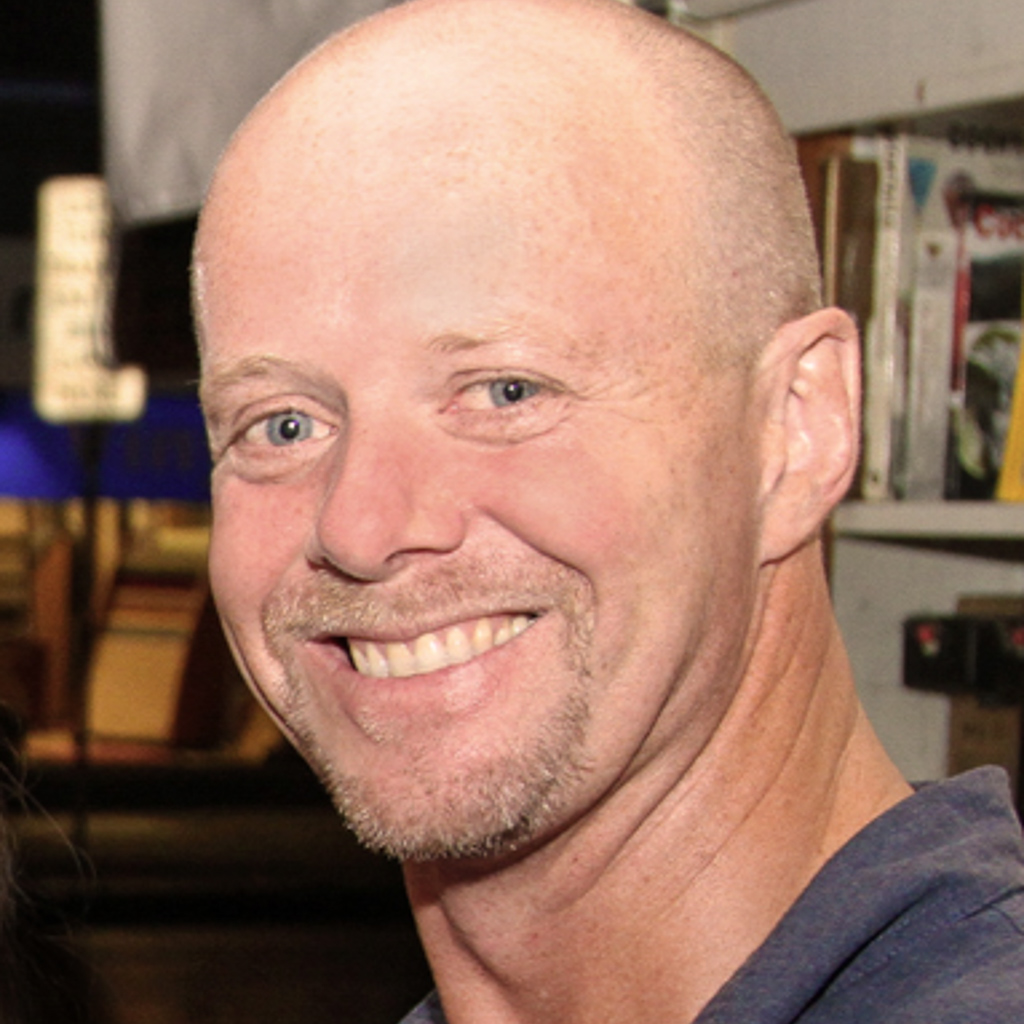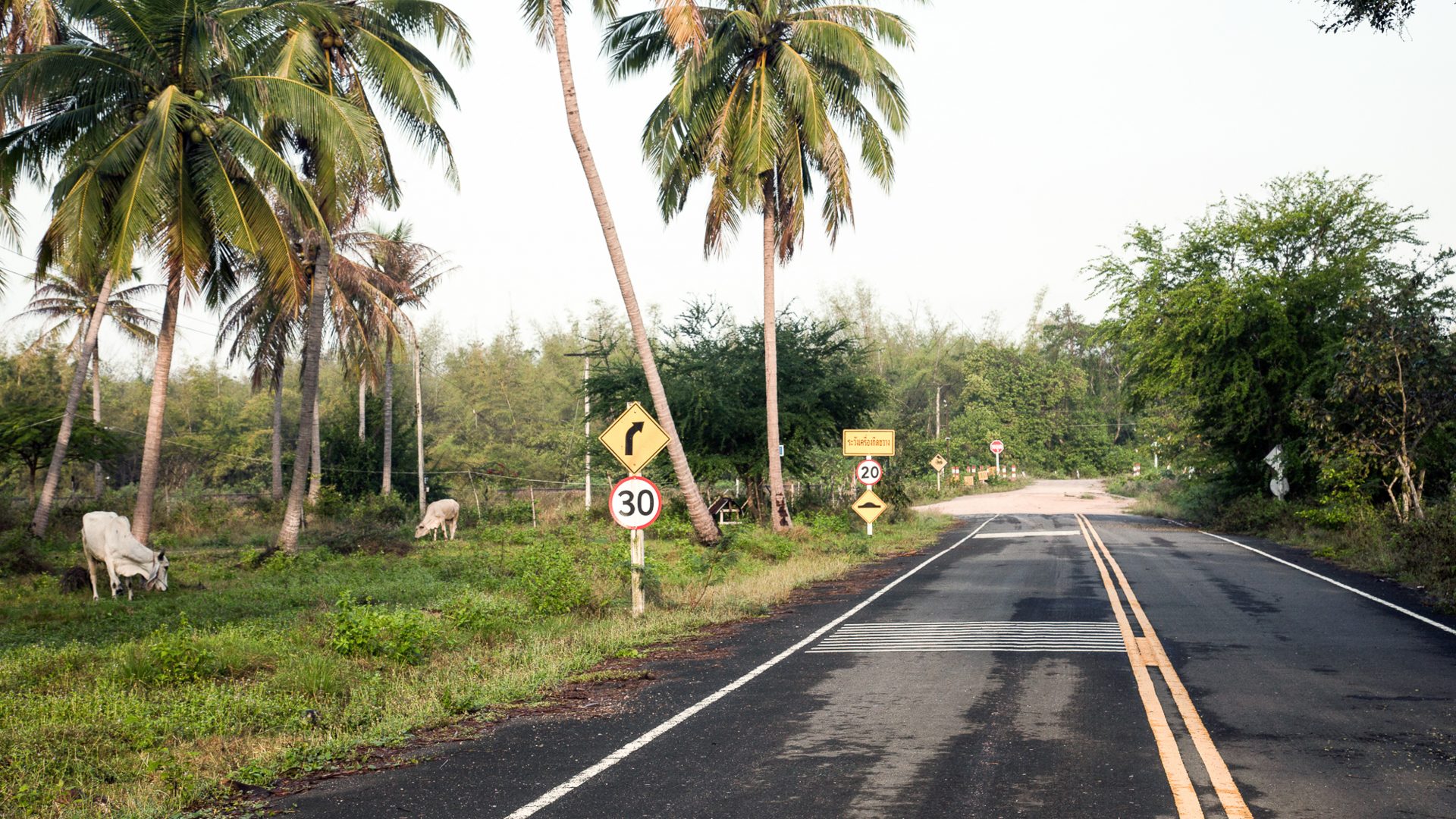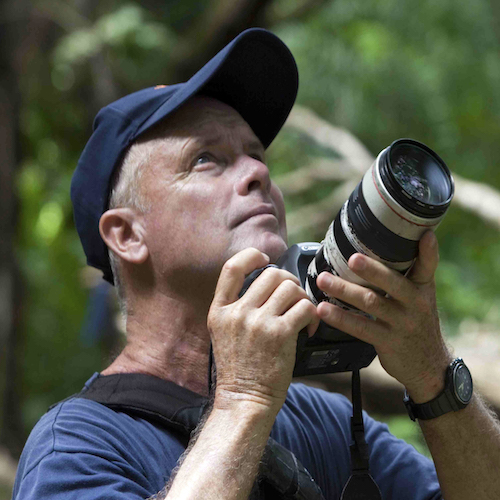Editor’s note: This article was published before the coronavirus pandemic, and may not reflect the current situation on the ground.
In the summer of 2015, having never walked particularly far before, Jonathan Arlan decided to walk 400 miles through the French Alps, a trip that would become the focus of his debut book, Mountain Lines, and leave him with a few pearls of wisdom.
I’ve told the story of how I ended up walking 400 miles through the French Alps so many times that I’m starting to doubt how much of it happened the way I say it did.
Sometimes, I’ll be doing the things a suburban milquetoast such as myself normally does, like watching squirrels eat acorns from my window or walking my maltipoo, Bella, around the block, and I’ll wonder if I didn’t just make the whole thing up.
To assuage these doubts, I’ll run through major plot points in my head.
First, there was the big breakup. (That definitely happened.) Then there is the part where I quit my job, sublet my Brooklyn apartment, and flew to Tokyo. (All true; I still have the plane ticket.)
Here, I typically jump ahead a few weeks to Greece, where I begin a six-month lollygag of a Balkan tour.
I hitchhiked on a donkey cart to the ancient ruins of Mycenae, saw the gateway to the underworld at the tip of the wind-battered Mani, and bussed from Macedonia to Kosovo to Albania to Macedonia to Kosovo to Montenegro to Bosnia before burning out on the backpacking thing in the blistering heat of a Herzegovinian summer. It sounds (mostly) too good to be true, right?
RELATED: How to walk across Thailand in half a day
But where the story really starts to stretch credibility is in the weeks following the burnout—weeks I spent holed up in a 1000-year-old monastery in southern Serbia trying to figure out what to do next. There, taking my meals in silence with monks and wandering the surrounding hills, I had something like an epiphany: Of the awesome, curative, restorative, regenerative and potentially transcendent power of a really long walk.
Now, I would no more offer practical advice on hiking than I would on spaceflight, and thankfully, very few people ever ask. But I’m just narcissistic enough to fantasize about what I might say if someone were to ask what I learned from walking more or less alone through the Alps. What follows are a few of those lessons. While these platitudes make the most sense in the context of a long walk, I’ve found them just as meaningful in my everyday life (that is, again, while walking my designer dog or watching squirrels).
Do not be afraid. Before I started walking, and for a while after, I was deeply anxious—of nothing in particular but of everything at once. Of falling, and freezing, and dehydrating; of not having enough food; of ending up as food; of failure. None of these contingencies turned out to be the one thing I should have been worried about, which is: How to make up for twenty-nine years I’d wasted not walking in the mountains. (And lightning. Worry about lightning.)
Slow way down. Unless you’re running, hiking is already slow, which is good. But my advice is to go even slower. Pretend you are walking behind a group of elderly tourists in Manhattan. Take a deep breath. Look around. If there is a thought in your head, walk with it for a while. Let it roll around in there; better yet, try to follow it all the way to the end.
This got a big laugh. Of course, it was not easy, walking all that way over all those mountains. Physically, it was pretty damn hard, at times excruciatingly painful, and almost always uncomfortable. But despite three decades of disuse, my body was somehow up to the task, self-tuning as it went until I was possessed of some remarkable abilities. Namely: strength, stamina, balance, and energy.
RELATED: Is walking the most adventurous way to travel?
Which brings me to my final point: Is this even an adventure? Despite the difficulties mentioned above, my walk wasn’t actually that difficult. Nor, relatively speaking, was it even that long. For a while, I wondered if it counted as a real adventure at all.
The Victorian explorer John Hanning Speke deafened himself digging an insect out of his ear while trying to discover the source of the Nile. Australian writer Robyn Davidson walked across a great stretch of Australian desert with four camels and a dog. And if these are adventurers—which they certainly are—what does that make me, exactly?
I walked for a month in gorgeous country, among friendly middle-aged French people; I slept under a roof every night. Then again, each day was more exhilarating than the last, each night charged with something bordering on magic.
What I can say is this: Buried under the layers of self-deprecation and defensive disclaimers and offers of banal advice is a deep sense of gratitude for the entire episode, the kind of gratitude you feel when you’ve been given something you didn’t know you needed.
Whether it was an adventure or not, I have no idea; I suspect it doesn’t matter in the least. Just as it doesn’t matter if I no longer believe it all really happened the way I tell it—which, of course, it did.
––––
